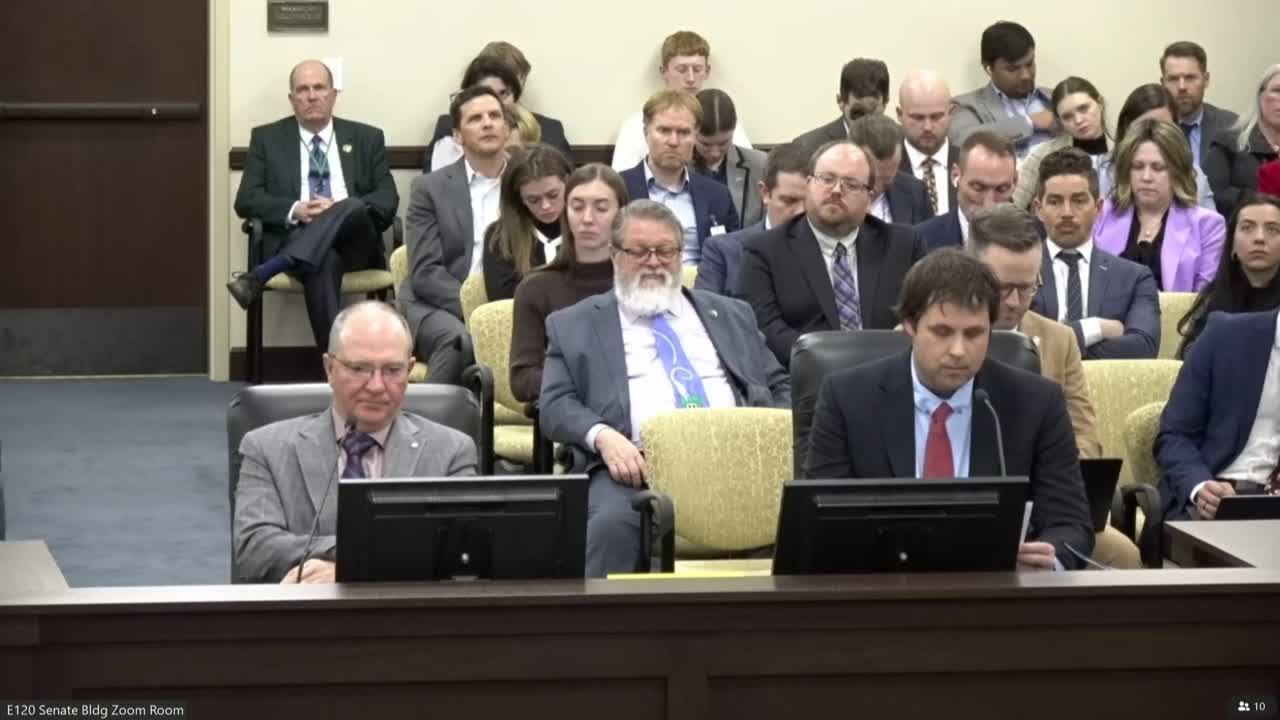Senate Bill 132 passes Utah committee amid power generation concerns
March 04, 2025 | 2025 Utah Legislature, Utah Legislature, Utah Legislative Branch, Utah
Thanks to Excel Chiropractic and Scribe from Workplace AI , all articles about Utah are free for you to enjoy throughout 2025!

This article was created by AI using a video recording of the meeting. It summarizes the key points discussed, but for full details and context, please refer to the video of the full meeting. Link to Full Meeting
Stuart Clayson, representing the NAOP commercial real estate association, emphasized the importance of the proposed legislation, highlighting a recent incident in Brigham City where a bread manufacturer was forced to close due to insufficient power supply. Clayson expressed gratitude towards Senators Bridal and Cullimore for their leadership in crafting a solution that not only addresses the needs of large-scale users but also supports the broader Utah economy.
The discussion turned to the intricacies of Senate Bill 132, which aims to amend electric utility regulations. Michelle Beck, director of the Utah Office of Consumer Services, raised concerns about the potential for cost shifts to existing customers, urging caution in adopting a "beneficiary pays" model. Her comments underscored the delicate balance between meeting new energy demands and protecting current ratepayers from undue financial burdens.
As the meeting progressed, Representative Albrecht moved to advance Senate Bill 132, noting the collaborative efforts of the bill's sponsors to address stakeholder concerns. The committee unanimously adopted the third substitute of the bill, signaling a significant step forward in the legislative process.
The urgency of the discussions reflected the broader implications of energy policy in Utah, as lawmakers recognized the need for swift action to harness available power generation resources. With the legislative session nearing its end, the committee's commitment to advancing this bill could pave the way for a more resilient energy future in the state, ensuring that both businesses and residents have access to the power they need to thrive.
Converted from House Natural Resources, Agriculture, and Environment Committee - March 04, 2025 meeting on March 04, 2025
Link to Full Meeting
Comments
View full meeting
This article is based on a recent meeting—watch the full video and explore the complete transcript for deeper insights into the discussion.
View full meeting

